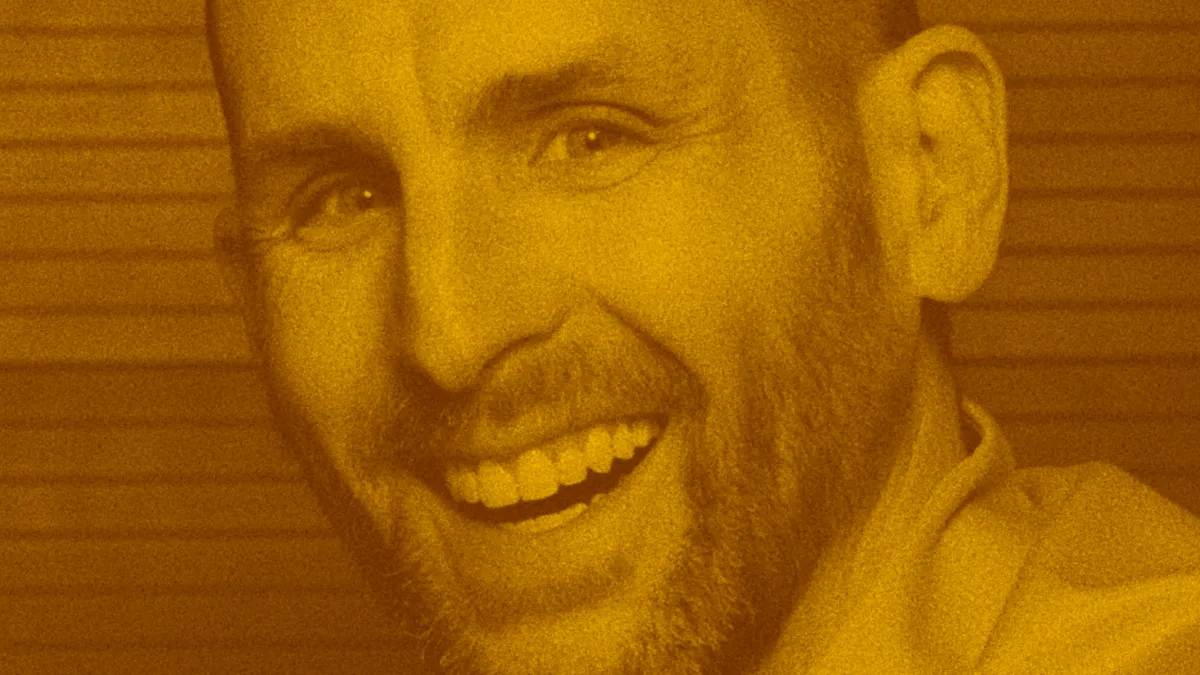Episode 150 of The Informed Life podcast features a conversation with bestselling author Scott Berkun. Scott has written nine books on design, innovation, remote work, and more. His most recent, Why Design Is Hard, is the second of a pair on why design makes a difference and how designers can best go about it.
It’s especially timely. Many designers feel beleaguered amidst layoffs and reduced agency in the business world. Scott’s book helps by laying out the differences between what many designers think the work is about and what it actually entails.
He illustrated it by means of a story about legendary designer Dieter Rams:
Rams was talking about being a younger designer at Braun, I believe, and he noticed that there was some trouble on the team, the engineering team and the design team just were not getting along.
And this is a problem that is very common today, of cross-functional teams not getting along. Most people would wanna avoid that problem and let it be someone else’s problem to figure it out. “I’m just gonna make good ideas.” But what Dieter Rams decided was, “Oh, these teams are not getting along.” He realized the engineering team liked brandy, so he would bring nice brandy and share it with the engineering team.
And the quote, this is a verbatim quote from the interview: He says, “Being a good designer is half being a good psychologist and understanding people’s needs, understanding their belief systems.” And the message in the book is if Dieter Rams, one of the greatest, most well-known legends, if that’s his message and we are all less talented than Dieter Rams, then maybe we need to be like two-thirds psychologists, three-quarter psychologists, and invest in relationships and connecting with people as a conduit for our ideas.
Many designers assume others recognize the importance of design implicitly. But they don’t; being effective requires bringing other people along. I suggested they might need to be more politically savvy, but Scott took exception of this word:
The word “politics” is often an externalization. It makes a pejorative or a negative out of what is a fundamental set of patterns that happen when multiple people are involved in making a decision where they have different agendas.
In other words, effective design entails negotiating and compromising with others. The ‘politics’ framing makes it seem as though the environment itself is somehow corrupted and unmovable, and as such, disempowers us.
Scott’s book helps designers understand that the craft of design isn’t just about moving boxes around or whatever; it’s also about bringing others along, seeing their POV and helping them work towards their goals as well.
It’s a timely and empowering message. I will recommend Why Design is Hard to students and other folks entering the discipline. This conversation is a good way into to the book.
The Informed Life episode 150: Scott Berkun on Why Design is Hard
